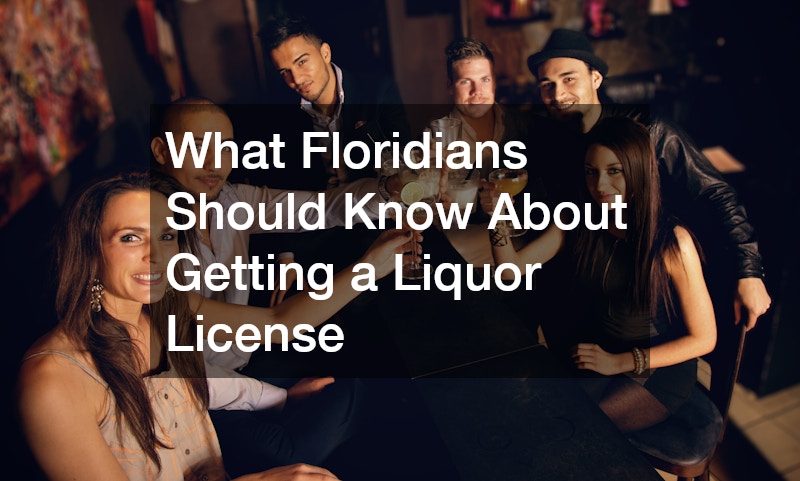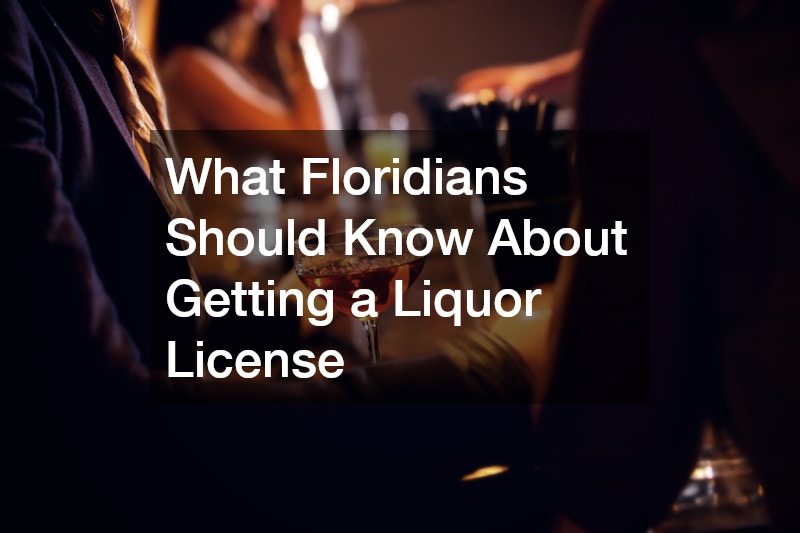
Acquiring a liquor license in Florida is a critical step for businesses planning to serve or sell alcoholic beverages. Whether youre opening a restaurant, bar, or liquor store, understanding the licensing process and requirements is essential for success. Heres what Floridians need to know about securing the right license and ensuring they remain compliant with state laws.
Types of Liquor Licenses in Florida
The first step in obtaining a liquor license is determining which type your business needs. Florida offers several types of licenses depending on your operation.
For example, a 4COP (Quota) license is required for bars and restaurants that serve alcoholic beverages for consumption on the premises, while a 2COP license allows beer and wine sales. Liquor stores must apply for a different license to sell packaged alcohol for off-site consumption.
Its important to research the specific license that fits your business model and consult the Division of Alcoholic Beverages and Tobacco (ABT), the agency responsible for overseeing liquor licenses in the state.
The Quota License System
One unique aspect of the liquor licensing process in Florida is the quota system. Quota licenses, which allow for the sale of all types of alcohol for on-premises consumption, are limited based on county population. This makes obtaining a quota license more difficult and potentially expensive, as these licenses are often sold through a lottery system or private sale. The cost of purchasing a quota license on the secondary market can range from thousands to hundreds of thousands of dollars, depending on the demand in your area.
For businesses unable to secure a quota license, a 4COP SFS (Special Food Service) license may be an alternative. This license is available to establishments that derive at least 51% of their revenue from food sales, allowing them to serve alcohol as long as they meet the requirements.
Application Process
Once youve determined the type of liquor license needed, the application process can begin. The first step is submitting your application to the ABT, along with supporting documents such as fingerprints, zoning approval, and business records. The application process typically takes several weeks to a few months, depending on the type of license and location.
Its essential to be thorough when preparing your application, as any errors or missing information can delay approval. In some cases, it may be helpful to consult an attorney or licensing expert to guide you through the process of how to get a liquor license in Florida.
Maintaining Compliance
After obtaining a liquor license, businesses must adhere to Floridas alcohol laws, including age restrictions, hours of sale, and record-keeping requirements. Staying compliant is critical, as violations can lead to hefty fines or the revocation of your license.
By understanding the types of licenses available, the quota system, and the application process, Floridians can better navigate the steps of how to get a liquor license in Florida.
.





